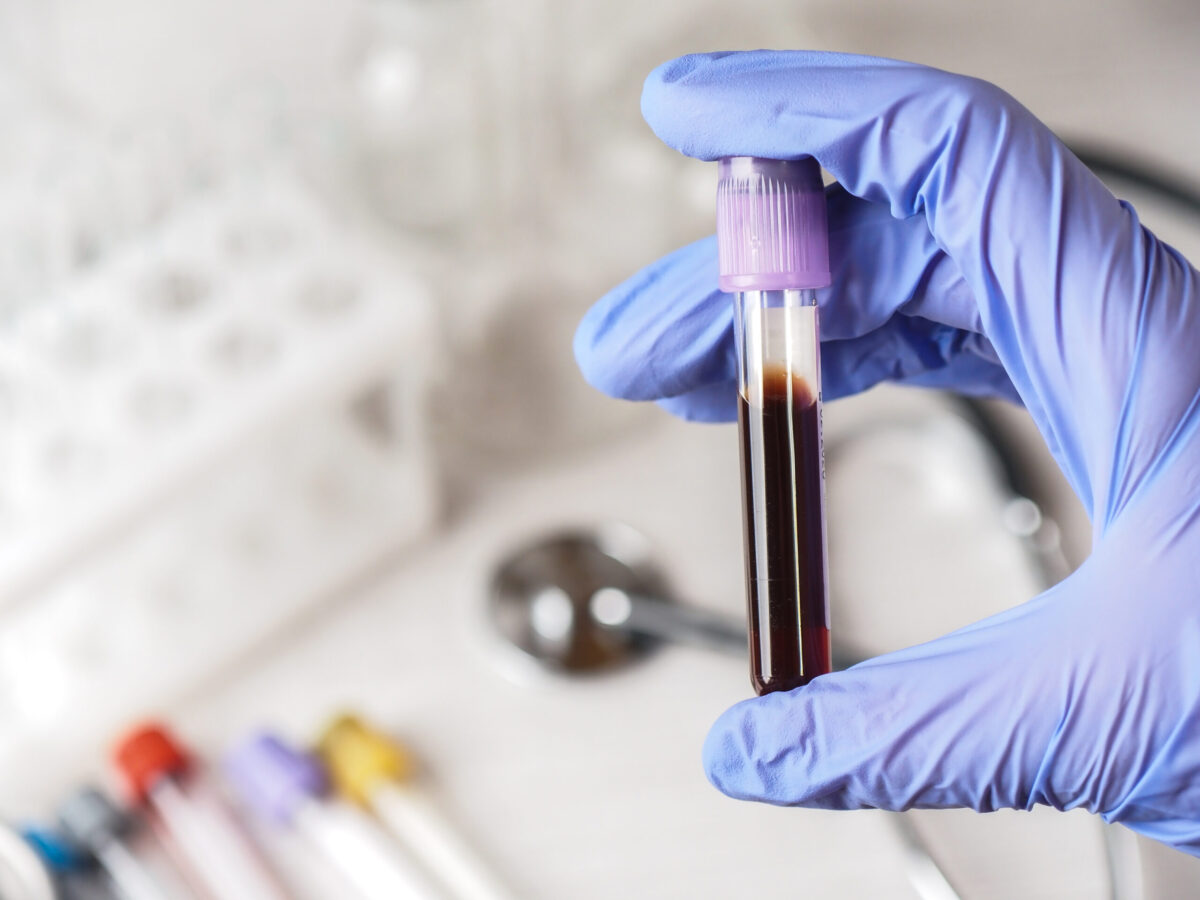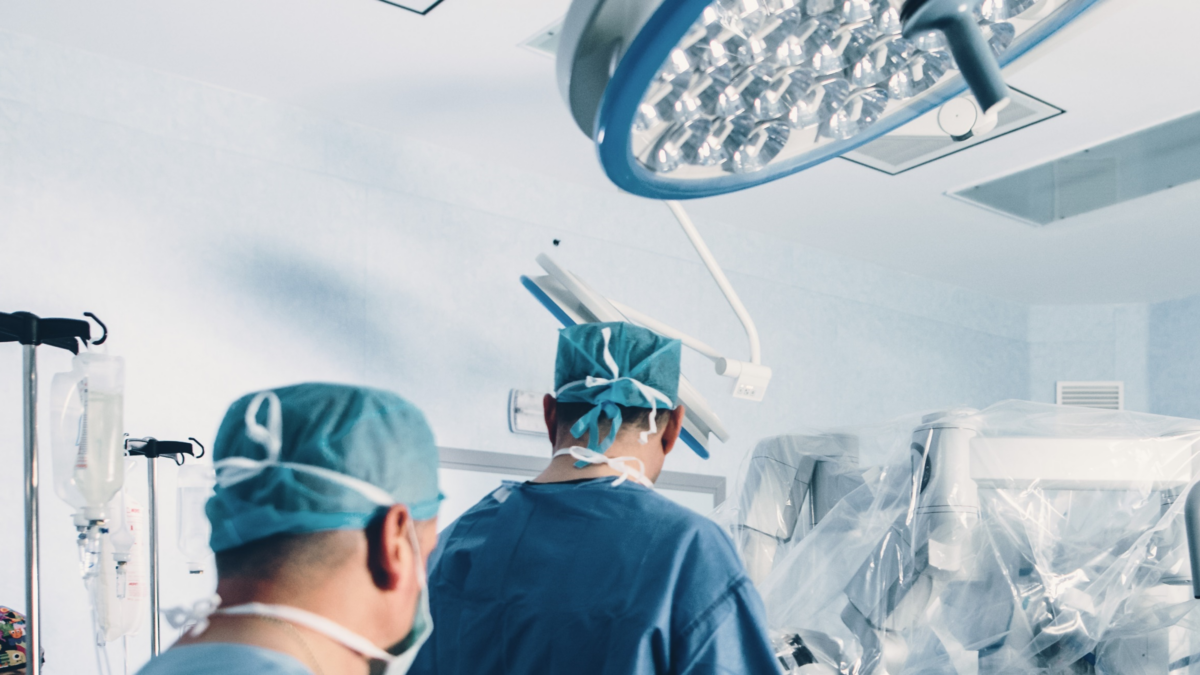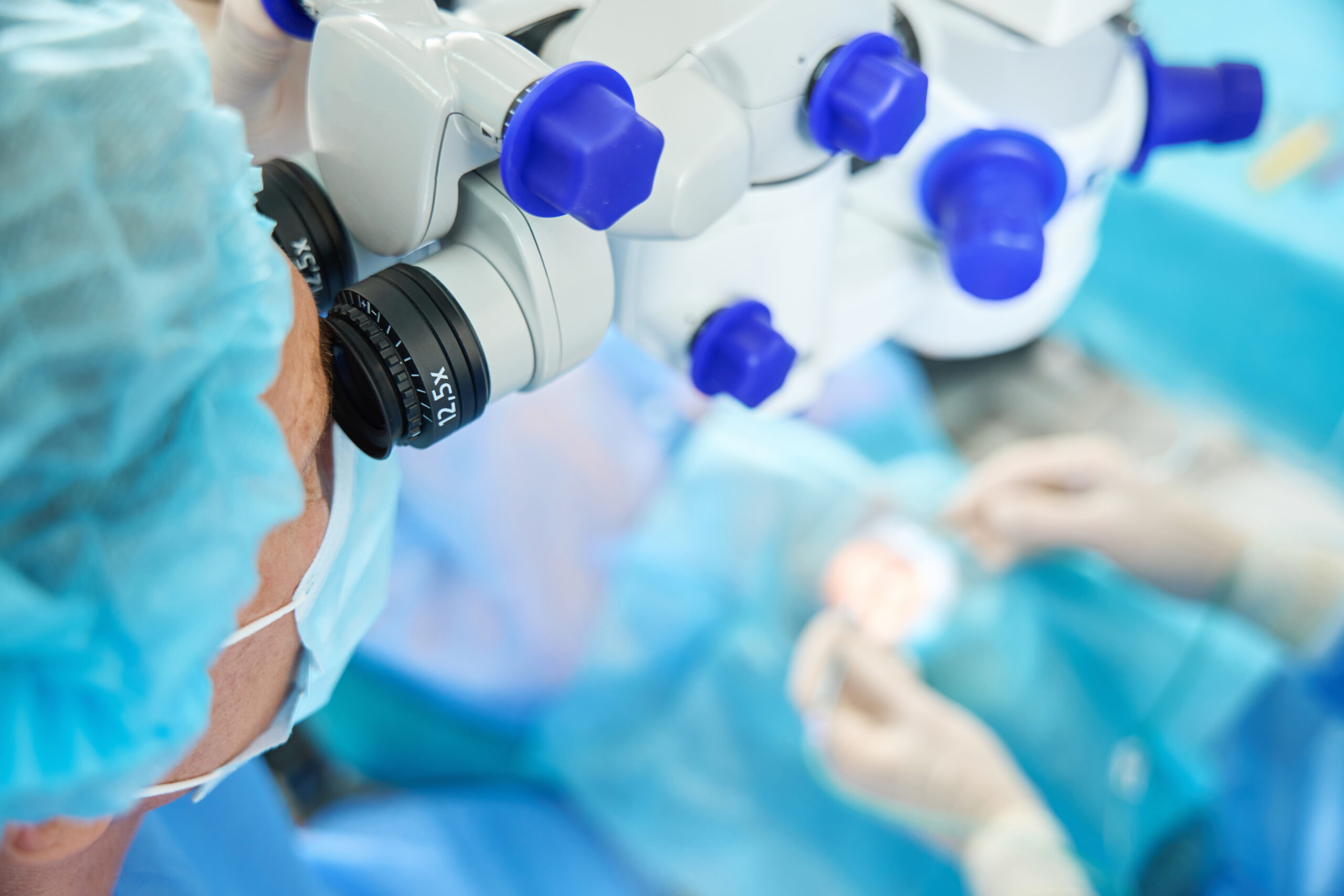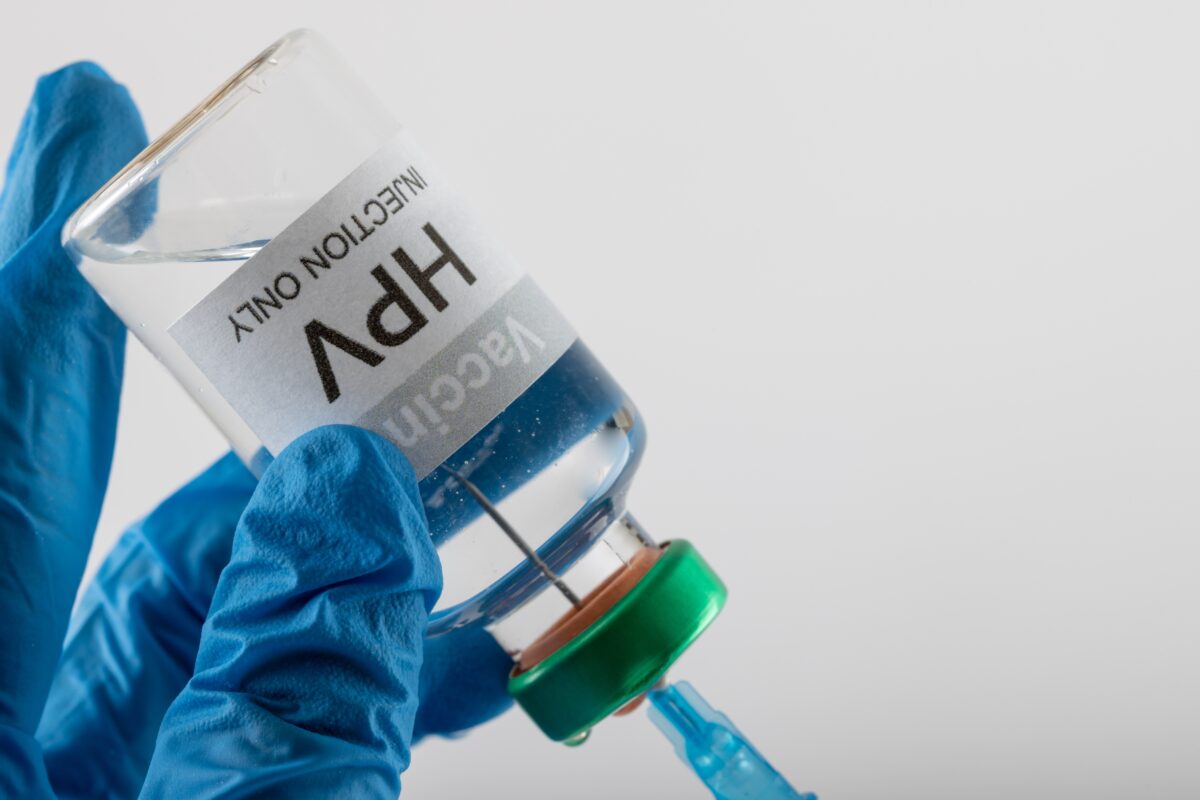Developing specific medical devices for pediatric patients can be challenging, and larger devices designed for adults are often repurposed for use in this vulnerable population, potentially leading to safety concerns. A new study has made headway towards solving this problem – at least in the cardiovascular space.
The study – conducted by researchers at medical centers across the US – has found that the Amplatzer duct occluder II (ADO II) medical device is safe to repair a congenital heart defect in very small children. The research was published in the journal, Catheterization and Cardiovascular Intervention.
The ADO II medical device was developed by St. Jude Medical to close a blood vessel in the heart that connects two arteries, and remains open in patients with patent ductus arteriosus (PDA). The ductus arteriosus normally closes once a baby is born, however in up to 0.02 percent of babies born at term, this channel remains open.
The congenital heart defect can have a negative effect on blood flow, potentially leading to serious complications like heart failure and pulmonary hypertension. Prematurely-born infants face a 20 to 60 percent risk of this birth defect.
The physicians implanted the ADO II medical device in 192 patients being treated at 25 hospitals in the US over a three-year period. During the two-year follow-up period, 98 percent of patients with a successful implantation were found to have complete closure of the defect.
The current safety study could accelerate the FDA approval of even smaller versions of the medical device. Very small versions of the duct occluder would be useful in treating premature babies with PDA, and would be less invasive than current open-chest surgery.
“This is a big step forward in getting companies to design devices specifically for very small children, which we desperately need in pediatric medicine,” said Dr. Daniel Gruenstein, lead author, associate professor of pediatrics, section chief of pediatric cardiology and co-director of the Chicago Pediatric Heart Center at the University of Chicago Medicine. “This data is helping to push forward less invasive treatments for our tiniest and most vulnerable patients. They are the ones who are most at risk and who need a wide range of appropriately sized interventional tools.”
The ADO II is a modified version of St. Jude Medical’s original device, the ADO1, which was designed for adult patients with larger ducts. St. Jude Medical was recently acquired by global healthcare company Abbott.












Join or login to leave a comment
JOIN LOGIN